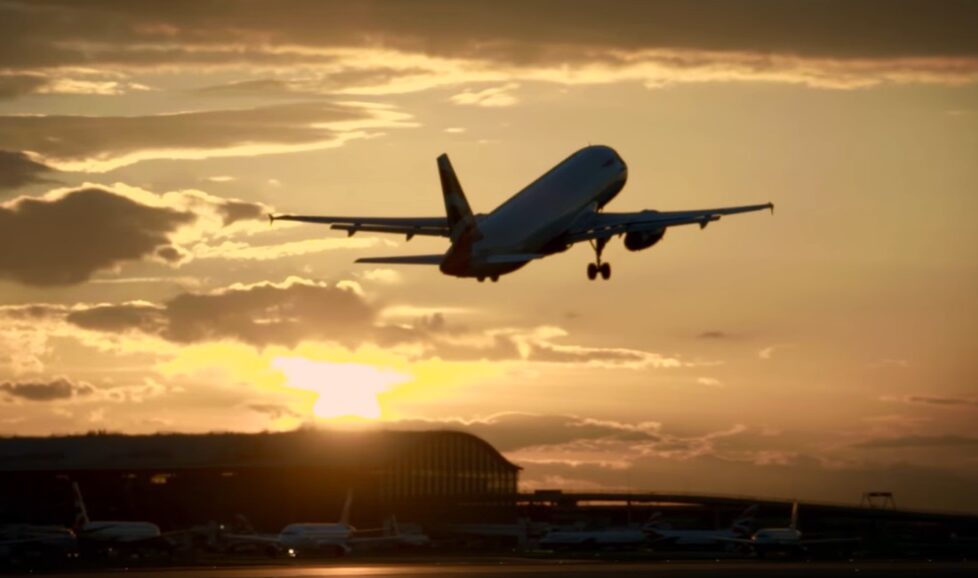Clean Energy Developer Solarig to Build $850 Million Sustainable Aviation Fuel Plant in Spain


Clean energy developer Solarig announced today that it will develop a new sustainable aviation fuel (SAF) plant in Spain, with a production capacity of 60,000 tonnes (approximately 75 million liters) of SAF per year.
The company anticipates that it will invest €780 million (USD$847 million) in the new plant, located in in Parque Empresarial del Medio Ambiente (PEMA) located in the municipality of Garray.
Sustainable aviation fuel is seen as one of the key tools to help decarbonize the aviation industry, which currently accounts for 2-3% of global greenhouse gas (GHG) emissions. The investment comes as demand for SAF is expected to rise dramatically over the next few years, as airlines turn to the technology as one of the key solutions to hit their climate goals, and as governments begin to mandate increased SAF use to achieve their own decarbonization ambitions. The EU, for example, recently announced the adoption of a law mandating minimum SAF usage, increasing to 70% of fuel blends by 2050, and the Inflation Reduction Act in the U.S. encourages the use of SAF via strong tax incentives.
The new plant will combine two methods in its production: Gas-to-Liquid (GtL) which will convert biomethane from local agricultural and livestock waste and Power-to-Liquid (PtL) that combines biogenic CO₂ with renewable H2. All the processes in the plant will be powered by renewable energy.
The new facility will incorporate fully dedicated renewable assets such as a 370 MWp solar photovoltaic plant, a 50 MW wind farm, as well as battery storage with a 100 MWh capacity. The construction phase is expected to start in 2026 and the commissioning and operation in 2028.
According to Solarig, the project is expected to capture and use of 140,000 tons of CO2 and enable the reduction of 170,000 tons of CO2 per year.
Miguel Ángel Calleja, President and CEO of Solarig, said:
“A few months ago, Solarig launched the development of a biomethane strategy in Castilla y León, and today Solarig is announcing a pioneering project in the world with a fully circular approach: it involves the use and recovery of biogas produced from our agricultural and livestock waste together with renewable resources: water, wind and sun. By combining these local resources with the latest technology, Solarig will be able to join the sustainable fuel economy that is now emerging.”